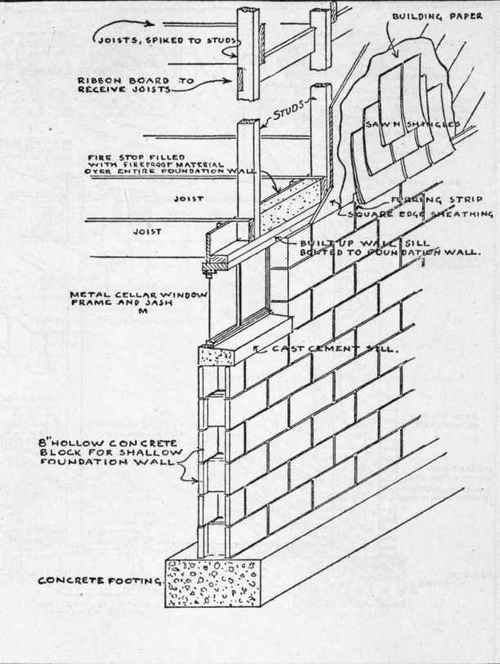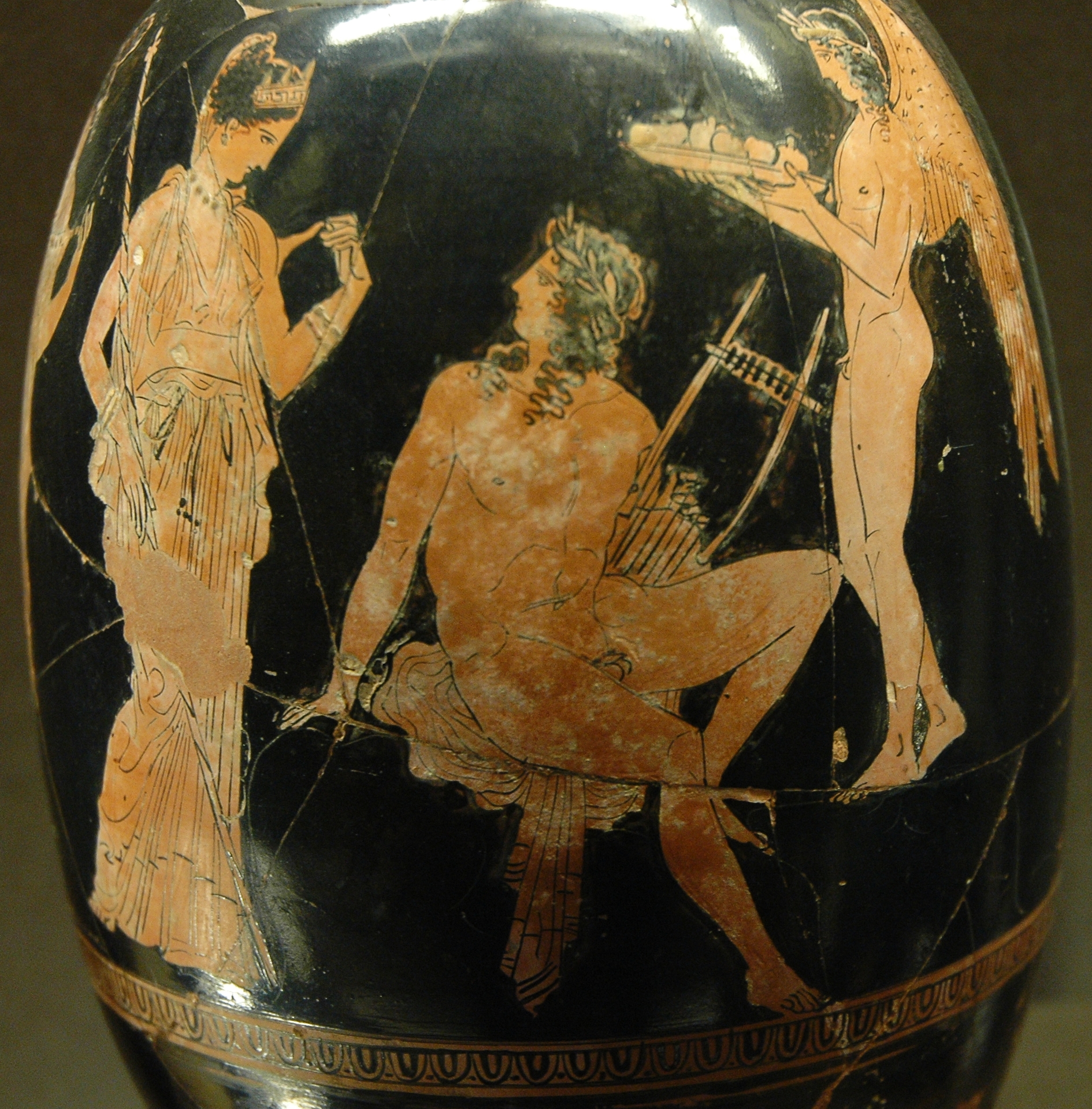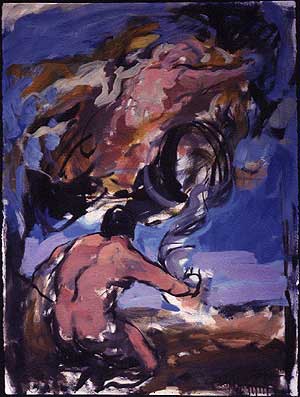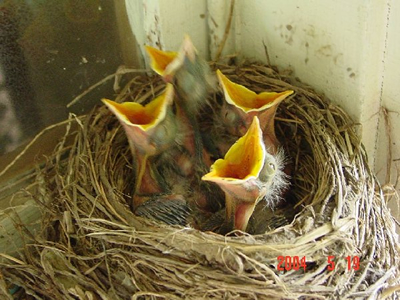Our Advent series this year is entitled Christmas Sensations. During the four weeks of Advent every year, the world is alive with the beautiful sounds of music and bells, delicious tastes of cookies and cakes, delightful aromas of baking and the cool, clean scents of evergreen, the loving touch of family hugs and reunions with friends, and the brilliant sights of brightly colored lights. The premise of the series is that every (pre-)Christmas sensation is an open INVITATION to relationship with God. At Christmas, our every sense is heightened in expectation that IMMANUEL will appear, God-With-Us, bringing hope, peace, joy, and love! Let's welcome Jesus into our hearts through a celebration of the senses.

On this Second Sunday of Advent, we want to TASTE Life in its fullness.
Taste in Scripture
Scripture uses good and bad tastes as metaphors for spiritual realities. When we are hungry, God gives good food to eat (Deuteronomy 8:3, Nehemiah 9:15). Manna, God's provision of food for Israel in the wilderness, tasted like honey wafers (Exodus 16:31) or rich cakes. The ability to discern the difference between good and bad by taste is something that we learn to do very early. Consider the well-known advent prophecy of Isaiah:
Look, the young woman is with child and shall bear a son, and shall name him Immanuel. He shall eat curds and honey by the time he knows how to refuse the evil [bad] and choose the good. For before the child knows how to refuse the evil [bad] and choose the good, the land before whose two kings you are in dread will be deserted. (Isaiah 7:14-16, NRSV)This "taste discernment" is an almost-universal human attribute. It is the plight of the omnivore to learn what is good and bad from the experience of tasting.
It is the plight of all humans since Adam and Eve (i.e., ALL humans!) to know the difference between good and bad by taste (Genesis 2:15-17, 3:22; Job 6:30). Taste is not an unmitigated blessing.

But the loss of taste is a harbinger of decline in human faculties and the approach of death (2 Samuel 19:35). Taste is one of the undeniable markers of "incarnate" human existence, one that is regulated by human law, custom, and convention (Colossians 2:20-23).
To "taste" something means to experience the whole--or at least to know its full character--through contact with a part. For example, if you "taste" even a morsel of bread during a fast, you may as well eat the loaf (2 Samuel 3:35, Jonah 3:7, Acts 23:14). And, of course, to "taste death" does not mean to be just a little sick (Matthew 16:28, Mark 9:1, Luke 9:27, John 8:52, Hebrews 2:9).
Among the good things we are urged to taste in life are the Word of God (Psalm 119:103, sometimes sweet and sometimes bitter!), Wisdom (Proverbs 24:13), and Love (Song of Solomon 2:3).
Disciples are salty (Matthew 5:13, Luke 14:34)--they produce thirst for spiritual things in others and they "savor" the environment in which they live. And eating with sinners is the way of the Lord (and thus, the way of his disciples; Luke 5:29).
Finally, a taste is a preview of full satisfaction. It is a preview of coming attractions. The first taste of a banquet (e.g., a "wedding banquet," Matthew 22:2-9, 25:1-10, Luke 12:36-37) whets the appetite, revealing just enough to stoke our desire for more. That is what Advent tasting is all about, whetting our appetite for the feast that follows. Our advent tasting is merely suggestive of the full riches of the royal feast that awaits.
On this mountain the LORD of hosts will make for all peoples a feast of rich food, a feast of well-aged wines, of rich food filled with marrow, of well-aged wines strained clear. And he will destroy on this mountain the shroud that is cast over all peoples, the sheet that is spread over all nations; he will swallow up death forever. Then the Lord GOD will wipe away the tears from all faces, and the disgrace of his people he will take away from all the earth, for the LORD has spoken. It will be said on that day, Lo, this is our God; we have waited for him, so that he might save us. This is the LORD for whom we have waited; let us be glad and rejoice in his salvation. (Isaiah 25:6-9, NRSV; see Luke 14:24)
Death, often a time for the "survivors" to eat and drink (and in the aNE to "share" food with the dead), is not a time when the dead can "taste" what the living do. A shade's existence is diminished and tasteless. The promise of advent is the promise of an end to such tastelessness and an End in God that is bursting with the flavor of life.
The contrast between hunger and fullness, death and life, is stark. Nowhere is the contrast more striking than with the Last Supper that Jesus shares with his disciples. The Passover meal is a memorial of salvation from death, celebrated in this instance by One who would shortly die. The promise of God is that this meal is not only a memorial, but also a foretaste of reunion celebration. The end of the story is not death but resurrection life, not famine but a return to feasting. And so, at Advent especially, we raise the cup and the bread to taste the promise of Life.
Psalm 34:1-10
A Psalm of trust in the LORD. In the midst of a dark and still darkening world, the Psalmist offers praise and trust that the LORD will save. Psalm 34:8 famously says "Taste and see that the LORD is good." (Leading some to suggest that the original "cult setting" for the psalm was the sharing of a celebratory meal, the shared portion of a sacrifice made in the temple as a thanksgiving offering to the LORD.) Those who take the Psalmist's advice will "have no want." Others, even the strong, will suffer from want and hunger, but those who trust in the LORD and seek him will not do without any good thing.
1 Corinthians 11:23-26
Sandwiched between warnings about gluttony and disregard for the poor, Paul relays to the Corinthian church again what he has taught them regarding the Lord's supper. Their practice has in the past discriminated on the basis of wealth and prominence, in effect "selling" the good news rather than giving it away. This, Paul says, mocks the gospel and the death of Jesus, effectively nullifying the blessing that comes from participating in the Lord's Supper.



















































